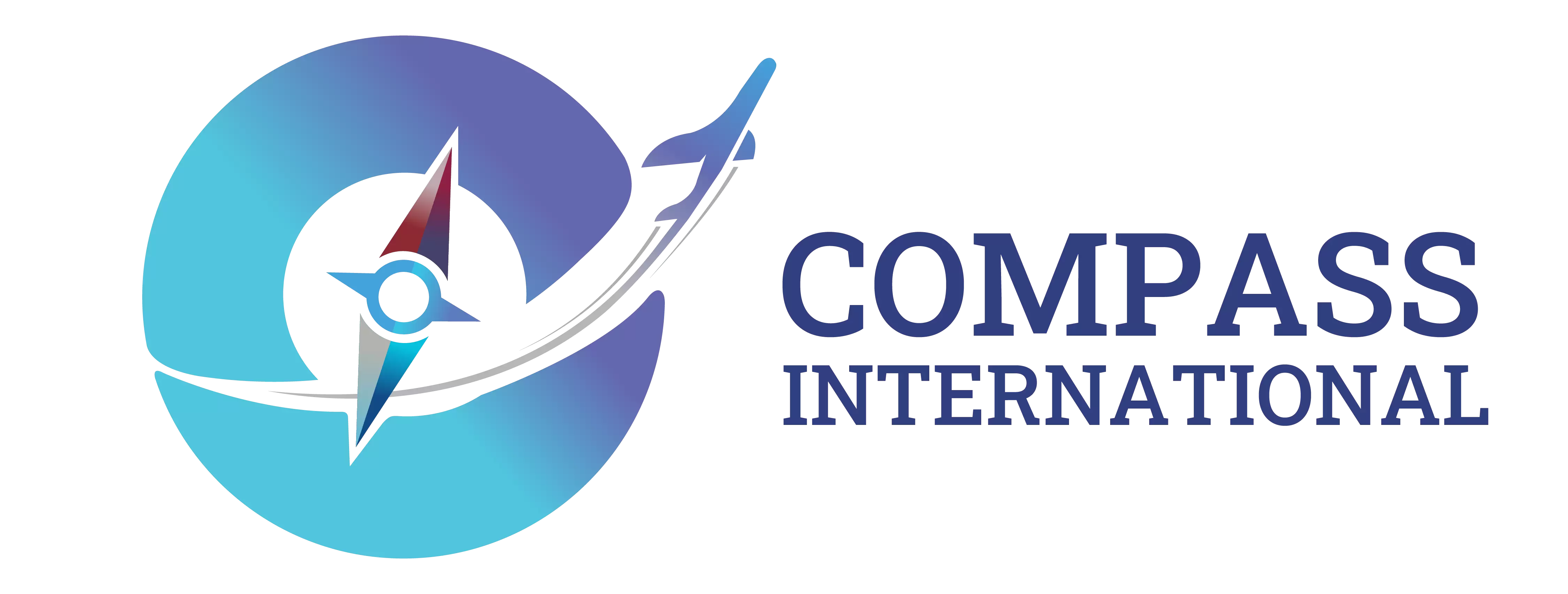IRELAND

Studying in Ireland can be a great opportunity due to its high-quality education system, vibrant culture, and welcoming environment for international students. Here’s an overview to help you get started:
Why Study in Ireland?
- High-Quality Education: Ireland is home to several top-ranking universities and colleges, known for their academic excellence and research opportunities.
- English-Speaking Country: As an English-speaking country, Ireland makes it easier for international students to adapt and communicate.
- Cultural Richness: Ireland has a rich cultural heritage, with a vibrant arts scene, historic landmarks, and a lively social life.
- Safe and Friendly Environment: Known for its hospitality, Ireland is considered one of the safest countries in the world.
- Post-Study Work Opportunities: Ireland offers a post-study work visa for international students, allowing them to stay and work in the country after graduation.
Popular Universities
- Trinity College Dublin
- University College Dublin (UCD)
- National University of Ireland, Galway (NUIG)
- University College Cork (UCC)
- Dublin City University (DCU)
- University of Limerick (UL)
Application Process
- Choose a Program: Research the courses and programs that interest you. Check the entry requirements for each program.
- Prepare Documentation: Common requirements include academic transcripts, proof of English proficiency (IELTS/TOEFL), a personal statement, and letters of recommendation.
- Apply Online: Most universities have an online application portal. Some courses may require an application through the Central Applications Office (CAO) for undergraduate programs.
- Wait for Offer: After submitting your application, wait for the university to process and send an offer letter if you are accepted.
- Accept Offer and Pay Fees: Once you receive an offer, accept it and pay any required tuition fees to secure your place.
Visa Requirements
- Apply for a Study Visa: Non-EU/EEA students need to apply for a study visa.
- Required Documents: Valid passport, acceptance letter from an Irish institution, proof of sufficient funds, proof of medical insurance, and proof of accommodation.
- Visa Application: Apply online and submit the required documents to the Irish consulate or embassy in your country.
Cost of Living
- Tuition Fees: Vary depending on the course and institution. Typically, undergraduate fees range from €9,000 to €25,000 per year, while postgraduate fees range from €9,500 to €34,500 per year.
- Accommodation: On-campus accommodation can cost between €5,000 to €10,000 per year. Off-campus options can vary, but generally, the cost is similar or slightly lower.
- Living Expenses: Monthly expenses for food, transport, and other living costs can range from €600 to €1,000.
Scholarships and Financial Aid
- Government of Ireland Scholarships
- University-specific Scholarships
- Private Scholarships and Grants
Work Opportunities
- Part-time Work: International students can work up to 20 hours per week during term time and 40 hours per week during holidays.
- Post-Study Work Visa: Graduates can apply for a post-study work visa, allowing them to stay in Ireland for up to two years after graduation to seek employment.
Tips for Success
- Start Early: Begin your research and application process well in advance to meet deadlines.
- Stay Organized: Keep track of all requirements, deadlines, and documents needed for your applications and visa.
- Network: Join student groups and engage in university activities to build connections and make the most of your experience.

